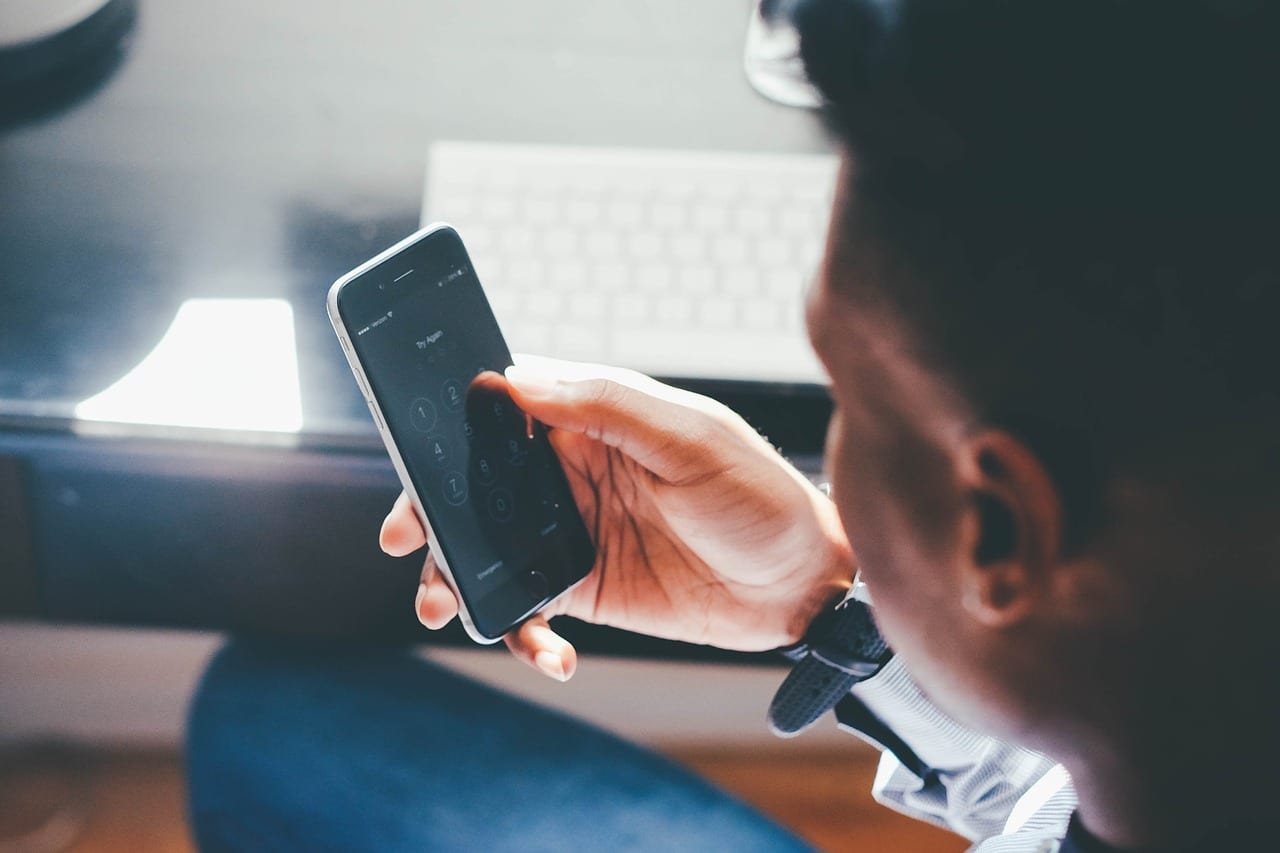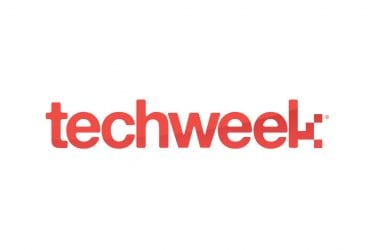Do yourself a favour. Look at your smartphone. Especially, look at the Apps. Now ask yourself this: ‘What data are they collecting about me?’
Modern Smart phones and computers are no longer the task-focused devices they once were. They are the portal to an online world that we enter and explore at our leisure; at home or on the go.
My iPhone isn’t a phone to me. In fact that’s what it gets used for least.
It’s my audio player; my portable cinema; my games console.
It’s my computer, word processor and web browser. It’s my platform for social media.
Through various different apps I can install additional functionality to it which expands its usefulness and allows me to see even more of the online world.
However, all this comes with a cost.
The EU is about to implement new laws concerning data protection online and allowing us a deal of transparency about which online companies are collecting what data from us.
The reason they’ve had to do this is simply that data collection on individuals is a booming business. Frederike Kaltheuner, data programme lead for lobby group Privacy International, reported this month that over 600 apps on her iPhone had access to her personal data.
This is on the phone of a professional computer and security specialist. Most of us can’t make that claim.
Now if scrupulous companies which play by the rules are capable of getting that much data about you online, ask yourself what someone less scrupulous can find out by breaking a few laws?
It’s a scary thought. How can we protect ourselves? Here’s a few hints on the best way to keep yourself, and your data, safe online.
1: Lie!
Most accounts are accessed because the hacker managed to socially engineer enough information about them to answer and bypass their security measures. The more data that exists around you online, the easier that is.
The more conflicting data, the harder it is. If you’ve got a security question such as ‘What is your mother’s maiden name?’ few people are going to be able to guess if you set the answer as the first line to a song. ‘Is this the real life? It it just fantasy?’ for example. Since these two pieces of information don’t connect in any way it’s much more difficult to bypass.
2: Get Two Factor Authentication
Even better is a system which takes your credentials out of your hand. You can be lied to, conned, fooled. Computers can’t. It doesn’t matter what sob story you sell them, if you don’t have the proper ID, you aren’t getting in. This is how 2FA works. Similar to online banking, it secures your login against a trusted device or telephone number, which then receives a PIN code when you log in from a non-trusted location. It doesn’t matter how much information the hacker gets out of you, unless they’ve got your device or telephone number to receive that pin code, they’re not able to log on.
3: Stay away from unsecured networks
Really and absolutely. Stay off them. You may think you’re saving yourself some data on your phone contract, but you are opening yourself up to intrusion attempts. Open networks without a password are usually not encrypted in any way and have no firewall presence either.
Data can be introduced to incoming connections from your smartphone or computer and used to install malicious code.
This is the most common of the true ‘hacking’ techniques. Your device sent out a request, it’s expecting a response. That response is interrupted by the hacker who introduces the code and sends it on to your computer. It’s even easier with modern protocols which often don’t even wait for you to request data, they just go and get it. Most modern cloud storage obeys this rule.
4: Secure your devices and data using a VPN
I just mentioned that unsecured networks offer no encryption. More encryption equals better. The easiest way to think of encryption is to imagine a padlock. You may have a 4 digit code to open the lock, but someone with enough time could simply try every combination and open the lock. If they’ve got a computer they can try thousands of combinations a second. What if, though, every time they tried an incorrect combination, the correct number changed?
That’s what a decent encryption does for you. A VPN adds an additional layer of encryption and ensures that your data traffic remains anonymous by creating a direct ‘tunnel’ to a different connection. It’s the most secure way of browsing the internet at the present time.
5: Do your software updates
Speaking personally, this has me tearing my hair out on a regular basis. The previous points I’ve mentioned, it is understandable if you haven’t heard of them and therefore haven’t taken steps to protect yourself.
However, I have known many times when people have refused to update their software because of a graphical change, such as they didn’t like the way a new icon looks.
These are just the tip of a very large iceberg about what a software update does.
Online security is a constantly escalating battle between those who are trying to crack open systems and those who are trying to keep them safe.
Program developers are the biggest line of defense in this battle, as they code the fixes which close off exploits hackers use in the programs. The fact your icon looks different is small change compared to the threat of your credit card details being stolen. Do yourself a favour, do the update.
Hopefully you’ll never experience a situation where you need these tips to protect you but if it does happen (and it does) and you haven’t followed these steps, it’s already too late. These are preventative measures. For your own safety online, I recommend you implement them.





